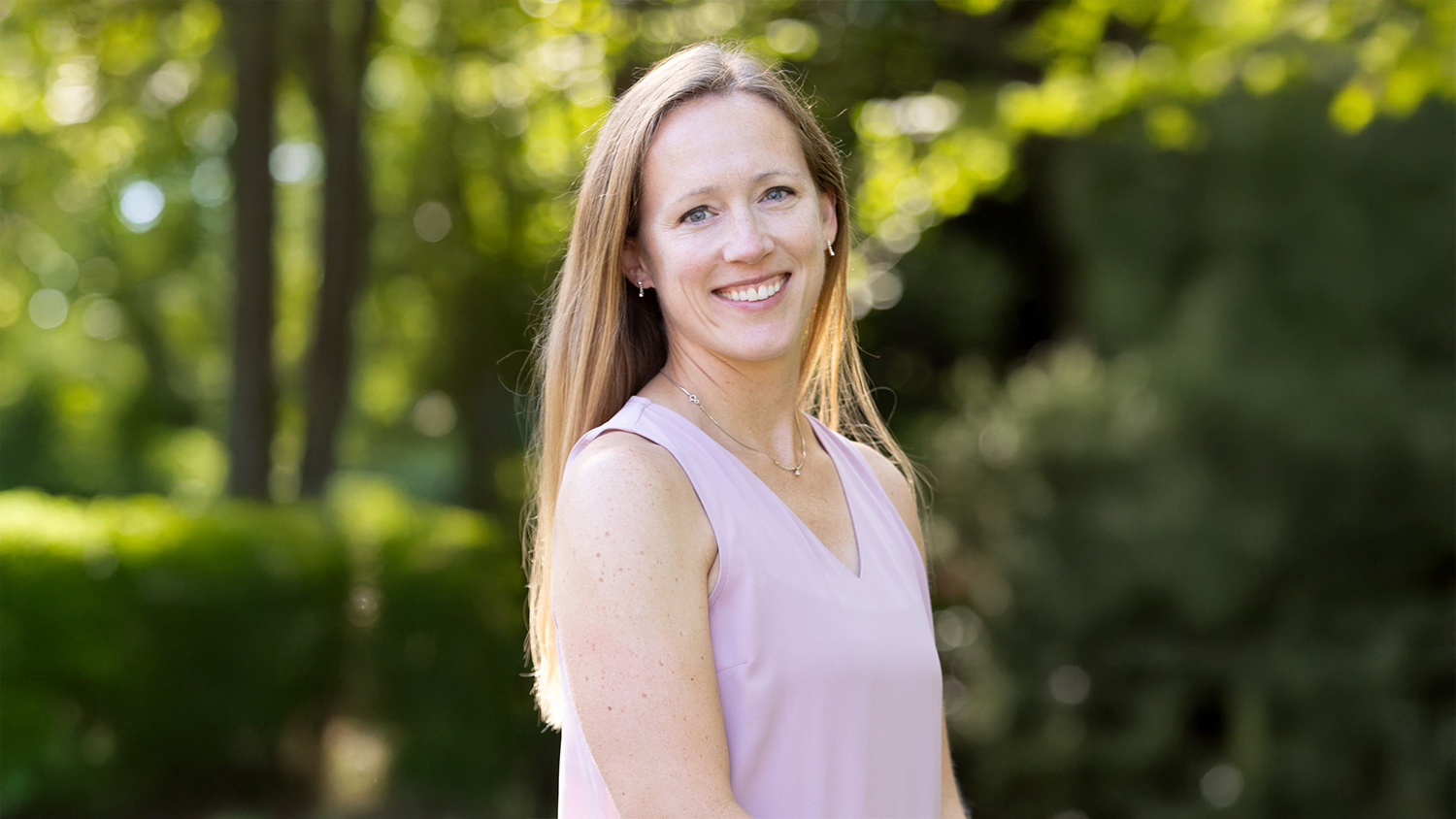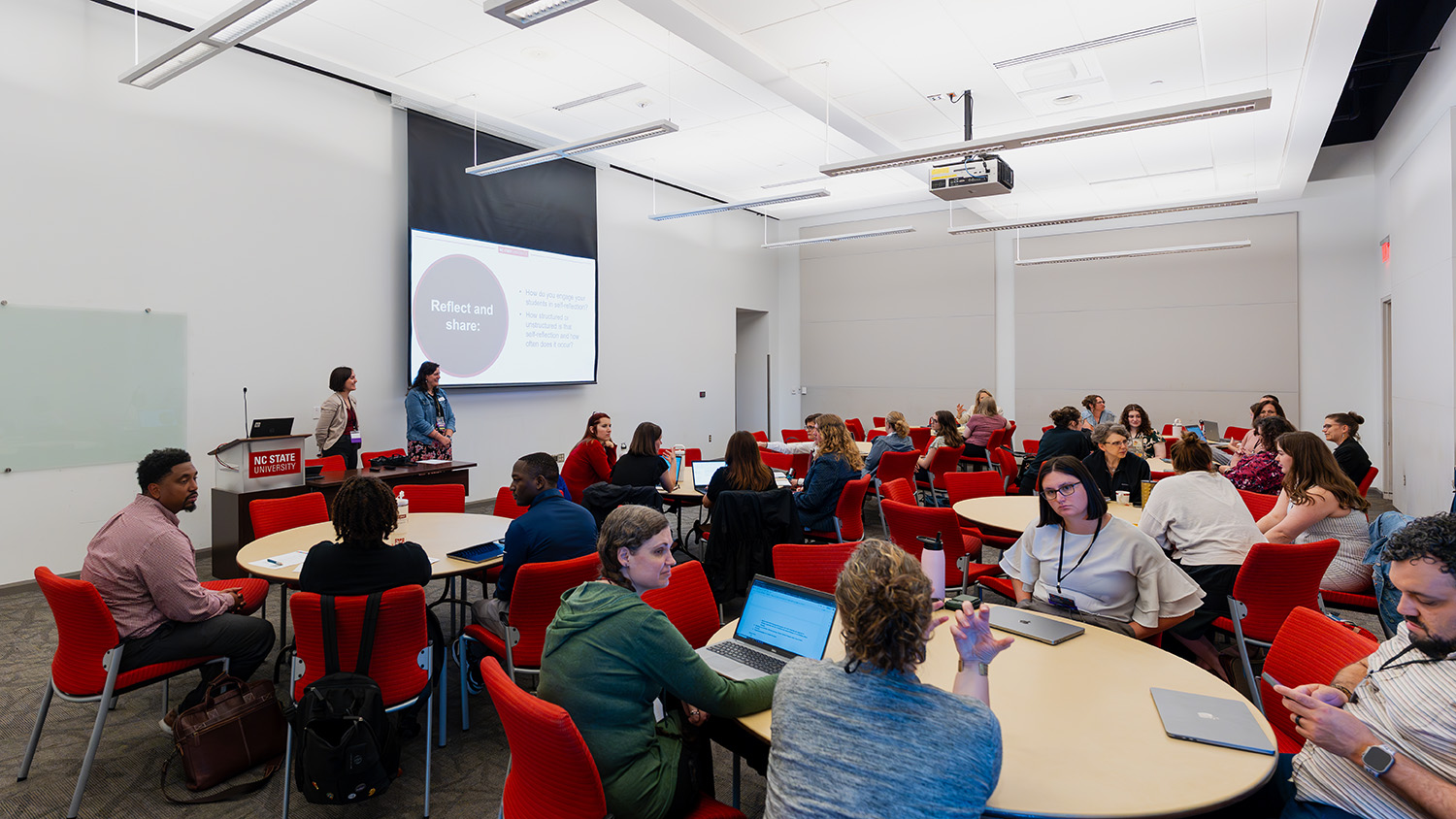Welcome Back Wolfpack Faculty and Staff!
Welcome back for the 2016-17 academic year! I hope that this time of year is as exciting for you as it has always been for me. I enjoy seeing new students arrive on campus, ready for this big step in education and personal growth. And of course, it is always great to see our returning students who are ready to go to the next level in their academics, leadership and service. As we kick off the year during Wolfpack Welcome Week, I wanted to share a few thoughts.
As you know, the success of our students is Goal One of our strategic plan. The objective data on student success are our one-year retention rate for first year, first time freshmen and our 6-year graduation rate. We are doing very well in these areas, with about 94% of our first-time freshman class returning for their second year and our current six-year graduation rate is approaching 78%, which places us in good company with our peer institutions. We continue to see positive movement in our graduation rate, and we continue to have a goal of at least an 80% graduation rate by 2020. However, our definition of success for our students goes well beyond simple retention and graduation rates. Our goal is to provide our students with many opportunities to engage in and out of the classroom in ways that enhance their education and preparation for life.
Engagement in and out of the classroom is a key to persistence, graduation, life-long learning and career success. Our strategic plan describes how we want students to experience more high-impact educational activities that enhances their learning, exposes them to a wide variety of intellectual experiences, and prepares them for their futures. These include first-year seminars, participation in Learning and Living Villages in our residence halls, study abroad and other diversity and global activities, research and creative work with faculty, internships, collaborative assignments and integrative capstone projects. We continue to increase opportunities for our students across all of these areas. Of course, meaningful interactions with faculty in and out of the classroom are among the most important factors related to student success and satisfaction. Messages from you about the importance of their education and time at NC State can make a difference. Encourage your students to enhance their educational experience by taking advantage of these opportunities.
Given our institutional goals, I ask that you think about how you can provide the message that your students’ success is important, particularly in those first and second year courses. Here are some things you might want to consider discussing with your students during this first week of classes, especially with new students.
Attendance
Do you stress attendance? Attendance is a very strong indicator of student academic success. Even if you do not require attendance, discuss the importance of attendance to success in your class. Emphasize the fact that there are activities during class that are just as important as the outside readings and assignments and that missing these will negatively impact their learning, and therefore, their grades. Of course, we must also make sure that our class time does indeed offer up challenges, content and activities beyond what can be learned from the text or someone else’s notes!
The Attendance Regulation, REG 02.20.03 (http://policies.ncsu.edu/regulation/reg-02-20-03), requires that instructors take attendance in 100 and 200 level courses throughout the semester, with clearly defined attendance policies identified in the course syllabus. Also keep in mind that the policy covers excused absences to include those in which the student is representing the University, military commitments, religious observances, and of course legitimate illness and deaths in the family. It is also the instructor’s responsibility to implement a fair and equitable arrangement for students to make up work missed due to legitimate excused absences. I encourage you to take a look at the regulation for more detail on these issues.
Class Participation
How would you like for your students to participate in your class? Can you give students suggestions for preparing for class that will make class time more effective? Are there short activities you can add to your class to enhance the engagement of students with the material? Can you consider a hybrid model that focuses class time on active learning? Consider contacting the Office of Faculty Development for ideas that you can apply to your course (http://ofd.ncsu.edu/teaching-learning/).
Academic Support
Let students know about support outside of class. Talk about your office hours, and any tutoring or other support available in your department or college. You may also want to refer students to the University Tutorial Center (http://tutorial.ncsu.edu) where we offer assistance in a variety of gateway courses.
Our students are for the most part driven to be successful. However, we see each year that more students are also feeling stress during their time on campus. Anxiety, depression, and relational problems are common in students, and at times, these can become serious impediments to learning for our students.
If you have students who are missing class or performing poorly on homework or tests, especially during the first two to three weeks of the semester, please consider submitting an Academic Progress Report through the MyPack Portal Faculty Center or Advising Dashboard, or via the Student Success GPS platform which we will be rolling out this fall.
And if you have a student who you believe is exhibiting concerning behavior in your class, please refer that student to our Behavioral Case Manager at https://studentsofconcern.dasa.ncsu.edu/. We can provide a variety of services to students who are experiencing distress, allowing them to be successful members of our academic community. You may also wish to contact, or refer a student to, the Counseling Center for assistance if you have concerns (https://counseling.dasa.ncsu.edu/).
Finally, do remember that students with documented disabilities may have the need for reasonable accommodations to ensure equal access to their education. The Disability Services Office (https://dso.dasa.ncsu.edu/) works with faculty on how to meet recommended, reasonable accommodations.
Thank you for your part in helping our students find their way to success in their classes, to the discovery of a rich variety of intellectual opportunities, and to leaving the University with a broad education that will prepare them for a lifetime of learning and productivity in their chosen career paths. Please feel free to contact me if you would like to discuss student success issues or to learn more about the Division of Academic and Student Affairs.
- Categories:


